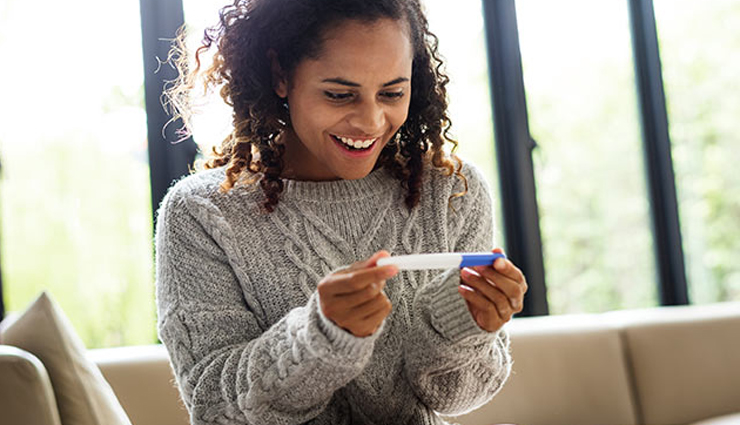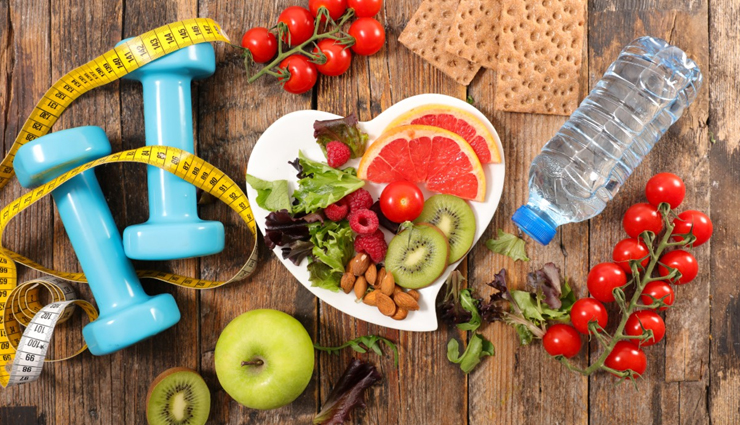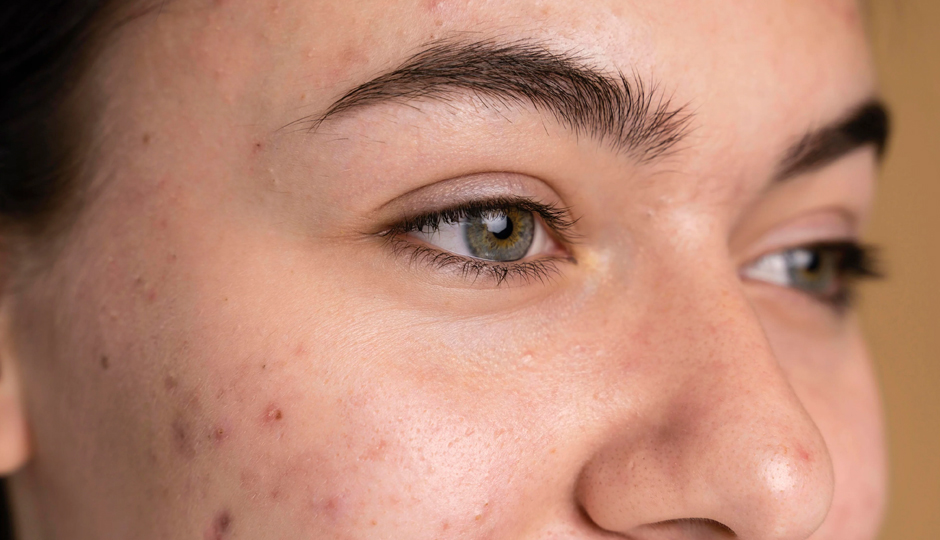- Home›
- Healthy Living›
- 5 Changes In Diet To Help You Optimize Your Fertility
5 Changes In Diet To Help You Optimize Your Fertility
By: Priyanka Maheshwari Sat, 16 May 2020 10:20:58

Whether you are planning your first pregnancy or thinking about having another child, trying to conceive naturally or undergoing fertility treatment, the period of time before you conceive gives you a window of opportunity to evaluate your nutrition and general lifestyle.
Small changes to your diet can help you to optimise your ‘fertile’ ground. Here is a look at some of the factors to consider when optimising your fertility. If you and your partner know you want to conceive, you should both try to make some dietary changes three months ahead of that time. During these months, immature eggs, known as oocytes, mature enough to be released during ovulation and sperm cells develop before being ready for ejaculation. Eating a nutritious diet during this time greatly influences the quality and efficiency of this process and gives you an even greater opportunity to create a healthy pregnancy.
Making dietary changes and improving nutrient stores may also help to correct factors that may be affecting your ability to conceive, such as a low sperm count in men or hormonal imbalances during the menstrual cycle in women.

* Stress
Stress is not the preserve of the overworked, as often thought. Factors such as under-achieving, dissatisfaction with where you are in your life, and exercising too little or too much, are all potential ‘stressors’ to the body. Whatever the reason for your stress, following this nutritional advice, can improve how well your body responds to it. When you are stressed, your body adopts a ‘fight-or-flight’ response. This triggers the release of the stress hormones cortisol and adrenaline, which affects digestion, blood pressure, circulation and brain function and, over time, other areas of health such as hormone balance and nutrient levels.
* Caffeine
Caffeine, especially in the form of coffee, has been shown to have a direct effect on fertility in some men and women. Although government guidelines suggest an intake of 200 mg of caffeine a day (the equivalent of two cups of instant coffee) is regarded as unharmful, studies have shown that drinking as little as one cup of coffee a day can decrease fertility and increase the risk of miscarriage by up to 50 percent. Caffeine has been found to adversely affect sperm count and motility, and increase sperm abnormalities.
As well as coffee, caffeine is found in tea and fizzy drinks. There is also research into other ingredients found in these drinks, such as the stimulant theobromine that is also present in decaffeinated versions. If you are trying to conceive, I recommend that you and your partner reduce your consumption of caffeine-containing and decaffeinated drinks including coffee, colas, diet colas, chocolate, and tea, with the exception of the occasional cup of coffee or tea.

* Alcohol
Alcohol can affect both male and female fertility. The British Medical Journal reported that women who had fewer than five units of alcohol a week were twice as likely to become pregnant in a six-month period than those women who drank more than this. Current recommendations by the Food Standards Agency (FSA) suggest limiting alcohol intake altogether during the preconception period and, if you do drink, have no more than 1–2 units once a week.
In men, alcohol can affect sperm count, motility and quality and I recommend drinking fewer than six units per week. Additionally, alcohol can affect hormone balance, as well as reducing nutrient stores of key minerals for fertility, such as zinc.
* Environmental factors
Environmental exposure to toxins from pesticides and plastics has been shown to impact on hormone balance and sperm production. The main culprit is a group of chemicals, called xenoestrogens, which have a similar structure to the natural hormone oestrogen and contribute to hormonal imbalance. One of the best ways to eliminate an excess intake of these in the months before you conceive is to eat organic produce, particularly grains, fruit and vegetables you do not peel such as berries and broccoli, as well as meat and dairy.
Toxic metals such as mercury and lead may also impact fertility in both men and women. These can be found in pesticides, heavy consumption of oily fish, and there is a small amount in amalgam dental fillings. Additionally, exposure to other chemicals and toxic metals found in cigarettes, have also been shown to impact on the healthy development of the unborn baby. This is the ideal time to find the support you need to give up smoking for both of you and your partner.
* Good liver health
The hormonal balance needed for fertility depends on good liver function. Aside from its daily task of detoxifying substances, such as caffeine and environmental toxins, the liver also chemically alters an excess of or used hormones. If this process does not happen effectively, hormonal imbalances can occur affecting fertility and other health concerns such as endometriosis, acne, premenstrual syndrome (PMS) and polycystic ovary syndrome (PCOS). With many of the clients I work with in clinic I will use the Total Cleanse Programme, a gentle but effective liver-cleansing programme.





